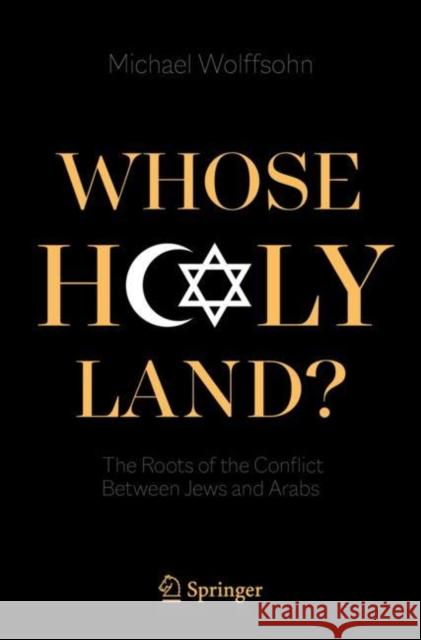Whose Holy Land?: The Roots of the Conflict Between Jews and Arabs » książka
topmenu
Whose Holy Land?: The Roots of the Conflict Between Jews and Arabs
ISBN-13: 9783030742850 / Angielski / Miękka / 2021 / 205 str.
Kategorie BISAC:
Wydawca:
Springer Nature Switzerland AG
Język:
Angielski
ISBN-13:
9783030742850
Rok wydania:
2021
Wydanie:
2022
Ilość stron:
205
Waga:
0.34 kg
Wymiary:
23.39 x 15.6 x 1.3
Oprawa:
Miękka
Wolumenów:
01
Dodatkowe informacje:
Wydanie ilustrowane











